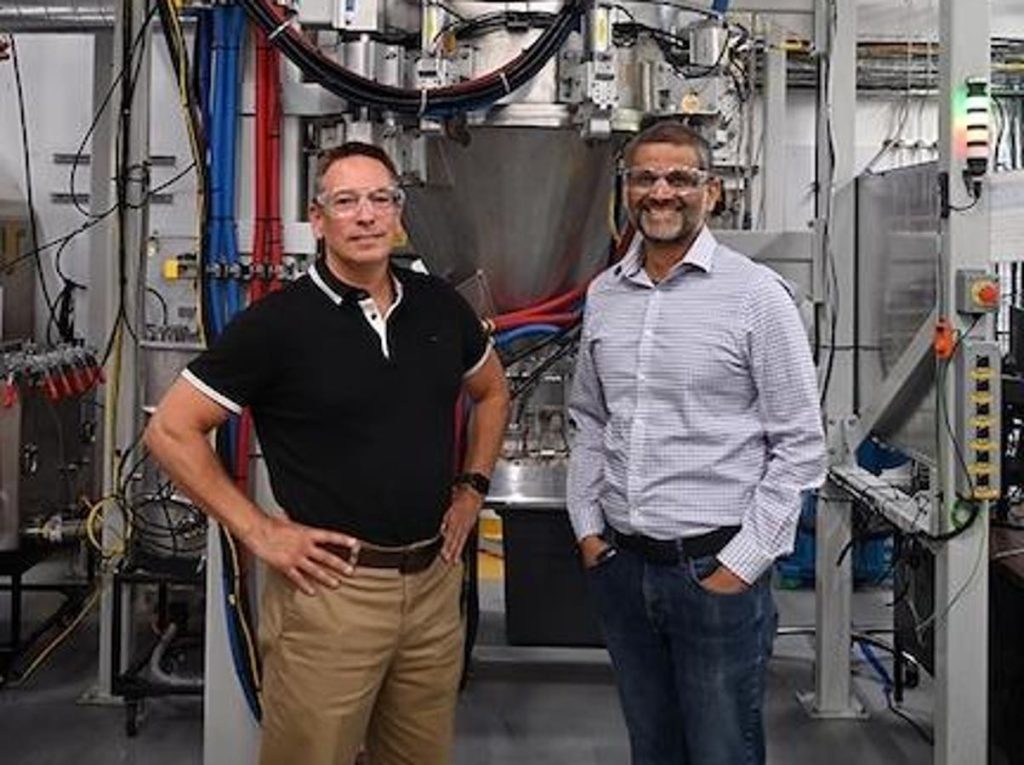6K, a startup based in North Andover, Massachusetts, has developed a groundbreaking technology to combat “forever chemicals,” also known as PFAS. With $352 million in venture funding and an additional $134 million in government monies, the company has created UniMelt, an advanced microwave-based plasma process that can efficiently eliminate these toxic chemicals from water, gases, and solids. The company’s technology utilizes extreme heat, reactive radicals, and UV light emitted by the plasma to rapidly destroy PFAS in just two seconds.
6K’s technology has the potential to revolutionize the clean-up of PFAS-contaminated sites, including water treatment facilities, military bases, and semiconductor plants. The company is currently seeking commercial development partners and aims to deploy its UniMelt machines on a larger scale by the end of the year. Unlike previous technologies that have attempted to reduce forever chemicals with plasma, 6K’s closed-loop process ensures there are no emissions or loss of fluorine during the destruction process, making it more efficient and cost-effective.
In a recent development, Flowcarbon, a climate tech startup co-founded by Adam Neumann, has been issuing refunds to investors who purchased its “Goddess Nature Token” after failing to launch the token for several years. Flowcarbon aimed to bring carbon credits onto the blockchain, allowing anyone to participate in the carbon market and offset their greenhouse gas emissions. However, market conditions and resistance from carbon registries have led the company to refund investors’ funds instead of proceeding with the token launch.
Steven Cohen, senior advisor at Columbia University’s Earth Institute, discusses the impact of the U.S. election on environmental policy and the clean energy transition. He emphasizes the importance of integrating environmental practices into routine management for companies to improve profitability and sustainability. Cohen highlights companies like Land O’Lakes and Walmart as examples of businesses adopting advanced technologies and sustainable practices to reduce environmental impact and increase profits. Despite potential changes in federal environmental regulations, Cohen believes that companies will continue to prioritize sustainability as good business practice.
Other notable developments in sustainability include the establishment of the U.S.’s first electric bullet train factory, the likelihood of a clean fuels tax credit by the end of the Biden Administration, and the world setting a heat record for 2024 after the warmest northern summer. Additionally, a team climbing trees in the Amazon to study carbon stores, the impact of climate change on farming in Alaska, and efforts to reduce methane emissions globally are also highlighted. The article also mentions the introduction of health warning labels on gas stoves in California and innovative solutions for managing hog waste using technology.


